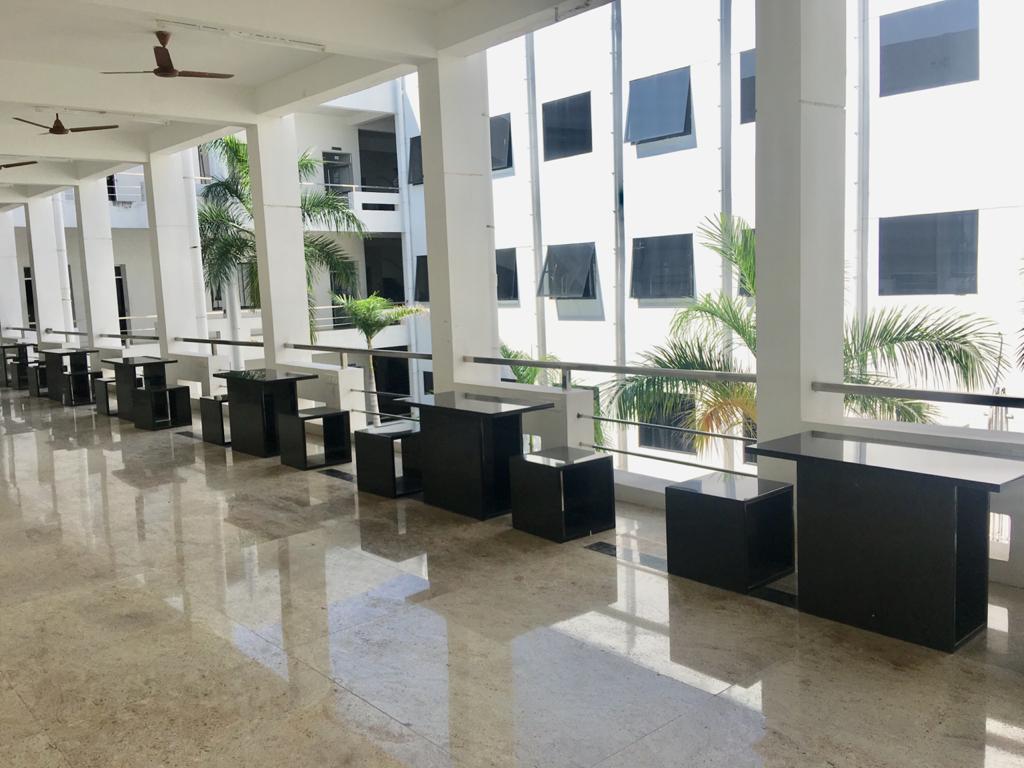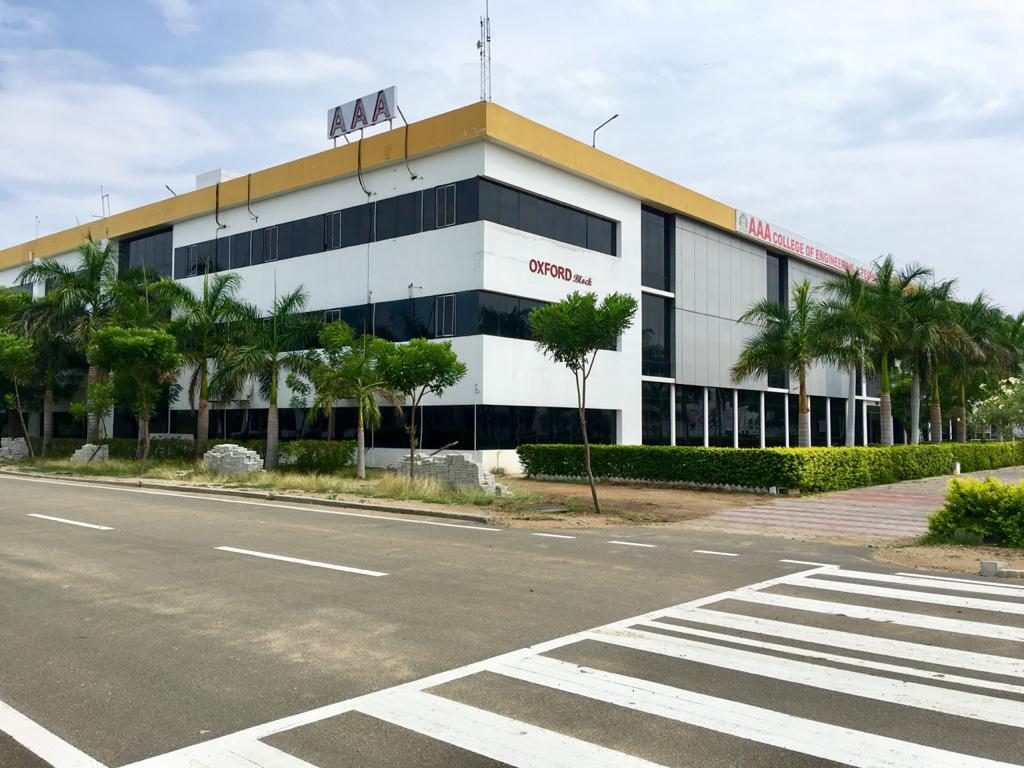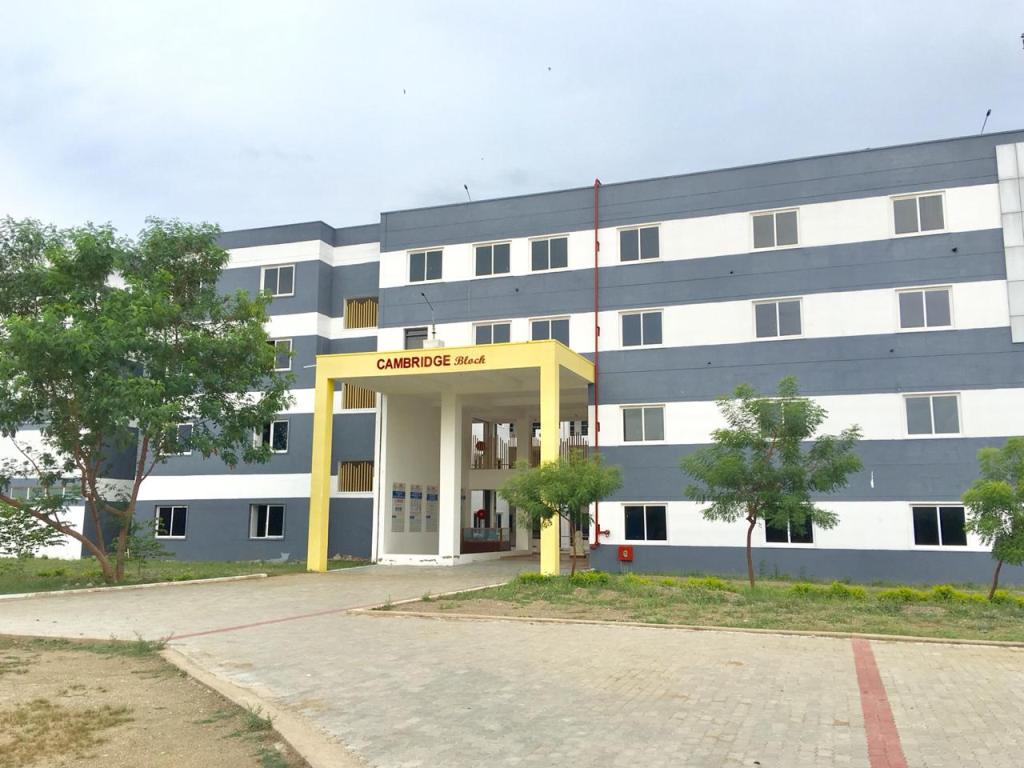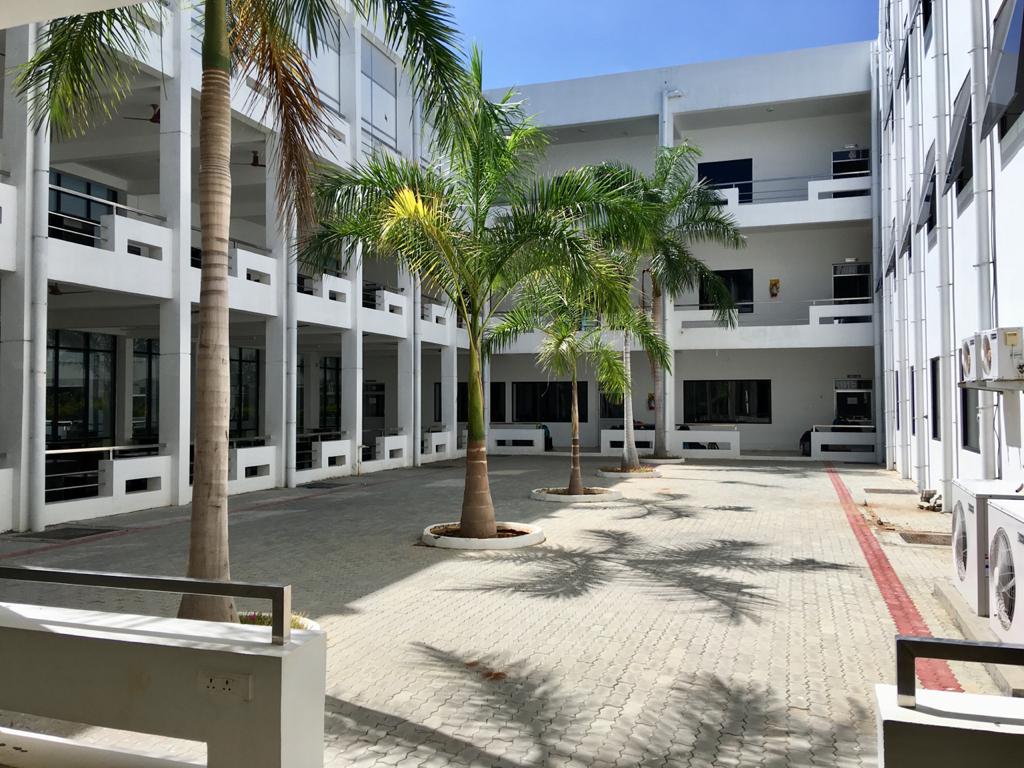Value Added Courses
No university curriculum can adequately cover all areas of importance or relevance to make the students employable. It is important for an Higher Education Institution to supplement the curriculum to make students better prepared to meet industry needs as well as develop their own interests and aptitudes. Department of Electronics and Communication Engineering offers a wide variety of certificate courses and Vocational courses which are conducted after class hours, weekends or during semester breaks. These courses are conducted by senior faculty in the department/academic experts from other institutions/Experts from Industry and help students stand apart from the rest in the job market by adding further value to their resume. The major objectives of these value-added courses are:
- To improve employability skills of our department students.
- To bridge the Institute – Industry gaps and make students industry ready.
- To provide students an understanding about the expectations of industry and to develop their own interests and aptitudes.
- To provide an opportunity to students to develop inter-disciplinary and research skills.
Image and Signal Processing using MATLAB
MATLAB (Matrix Laboratory) is a multi-paradigm numerical computing environment and proprietary programming language developed by MathWorks. MATLAB allows matrix manipulations, plotting of functions and data, implementation of algorithms, creation of user interfaces, and interfacing with programs written in other languages, including C, C++. Students undergo hands-on training in image and signal processing by using various tools available in MATLAB
PCB Designing
PCB Designing is a mandate skill for an electrical/electronics engineer. So, students undergo PCB designing course and learn how to design a printed circuit board schematic, route traces in the PCB Layout window and create footprints and symbols for Microcontrollers like ATMEL 8051 and PIC. Printed Circuit Board design is very interesting for any electronics geek, anyone wishing to build his own PCB by themselves. It is very simple and easy to understand for beginners.
Embedded Systems
Value added course on Embedded Systems is offered to students for providing a real-world coding experience and hands on project work with ARM based Microcontrollers. Students will learn how to implement software configuration management and develop embedded software applications. Course assignments include creating a build system using the GNU Tool chain GCC and developing software in Linux on a Virtual Machine. The course concludes with a project where students will create their own build system and firmware that can manipulate memory.
VLSI
VLSI or Very Large-Scale Integration is a way through which integrated circuit is created by integrating millions of transistors into a single chip. This design has become the most happening field of electronics and is finding its application in diverse range of electrical equipment like computer peripherals, cell phones, satellites, defense aerospace, consumer electronics, set top entertainment boxes and several other devices. VLSI design is taught to the students using MENTOR GRAPHICS software. VLSI Design Course imparts FPGA design flows, and trains the students extensively on the VLSI design methodologies, CMOS, VHDL and Verilog.
Arduino
Arduino is a small computer used to connect the physical world to the digital world. Introduced in the early 2000s as a tool for design students who had no experience in electronics programming, it has become the most popular electronics prototyping tool, especially for IoT product development. In this course students will learn about various types of sensors and interfacing methods. Also students gets hand-on experience in monitoring various sensor parameters and storing in the cloud servers and controlling various devices through Internet of Things (IOT)
Department also has E-YANTRA Robotics Laboratory and also has a Center Excellence in Industrial Internet of Things (IIOT). Certification/Training courses are conducted as a value-added addition by these labs/center throughout the year for our ECE and other department students.
SOFT TRAINING: To meet the growing Industrial demands and expectations the Department is striving hard to develop the skills of students by giving them placement training. The Placement training starts from the very beginning of the first semester itself. The Placement training includes:
- Campus Recruitment Training
- Aptitude Test Training
- Programing & Data Structures in C
- Programing in Java
- Web Technology
- English Language Lab Training
- Certified Course in Red hat
- Training in Amazon Web Services
WORKSHOPS: Apart from Value added courses for enhancing the student’s skills, numerous seminars, workshops, Hands on training sessions are conducted for our students to provide a broad overview of the numerous higher education & career options available to students after degree. Career guidance programs are also conducted to the students to assist students in identifying career options and appropriate higher education routes for each, thus enabling them determine the steps they need to take to equip themselves for their future.





